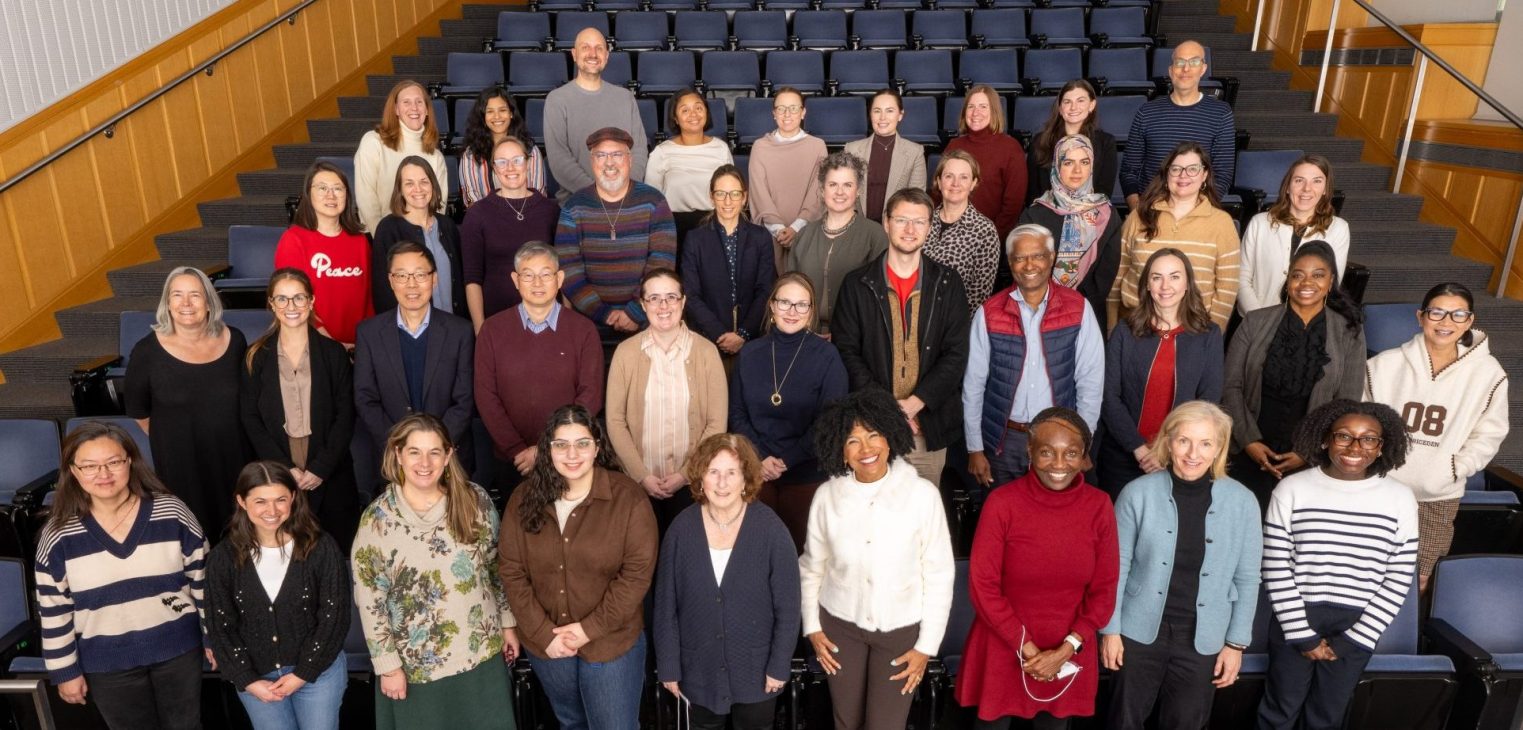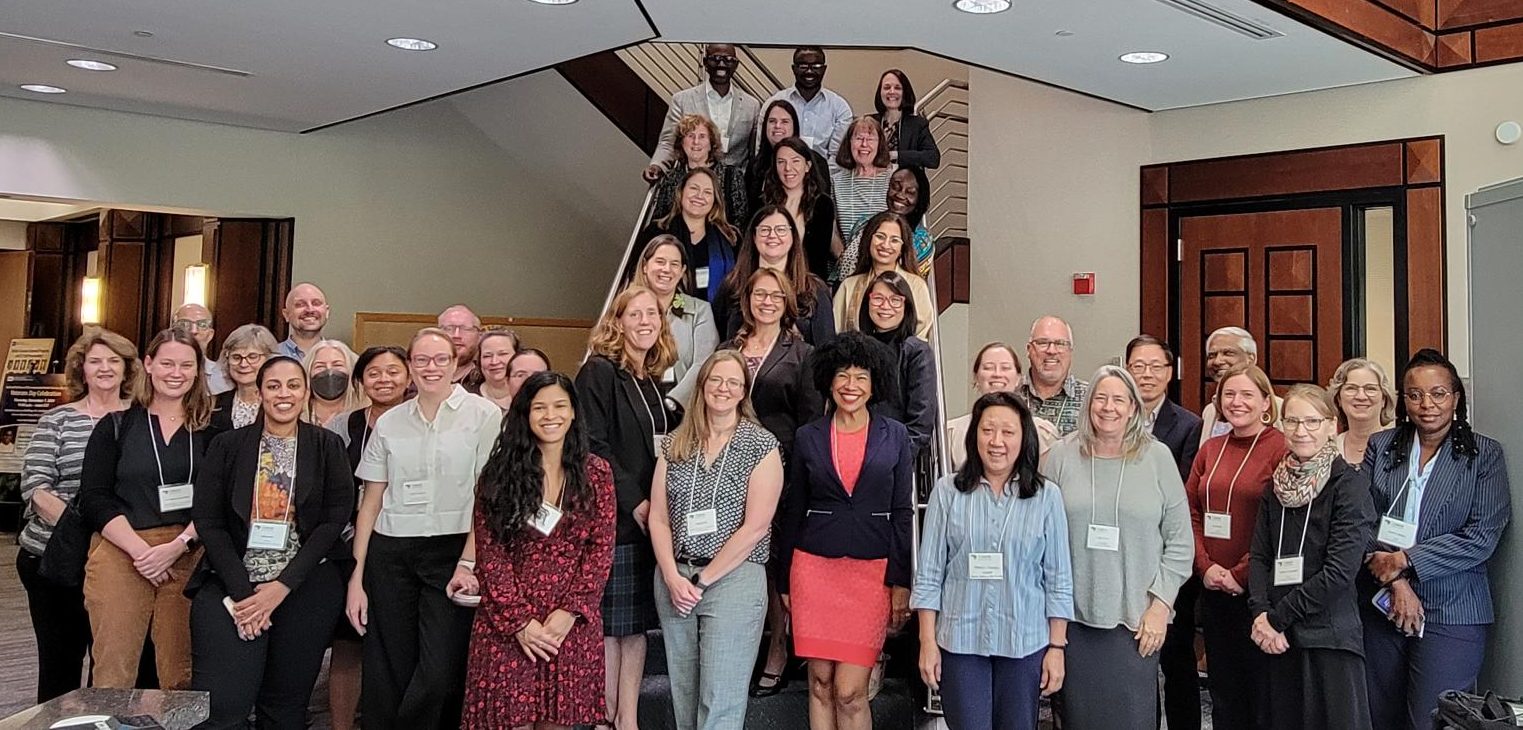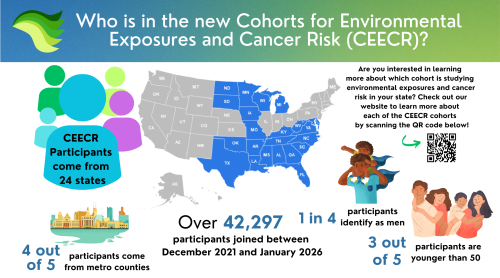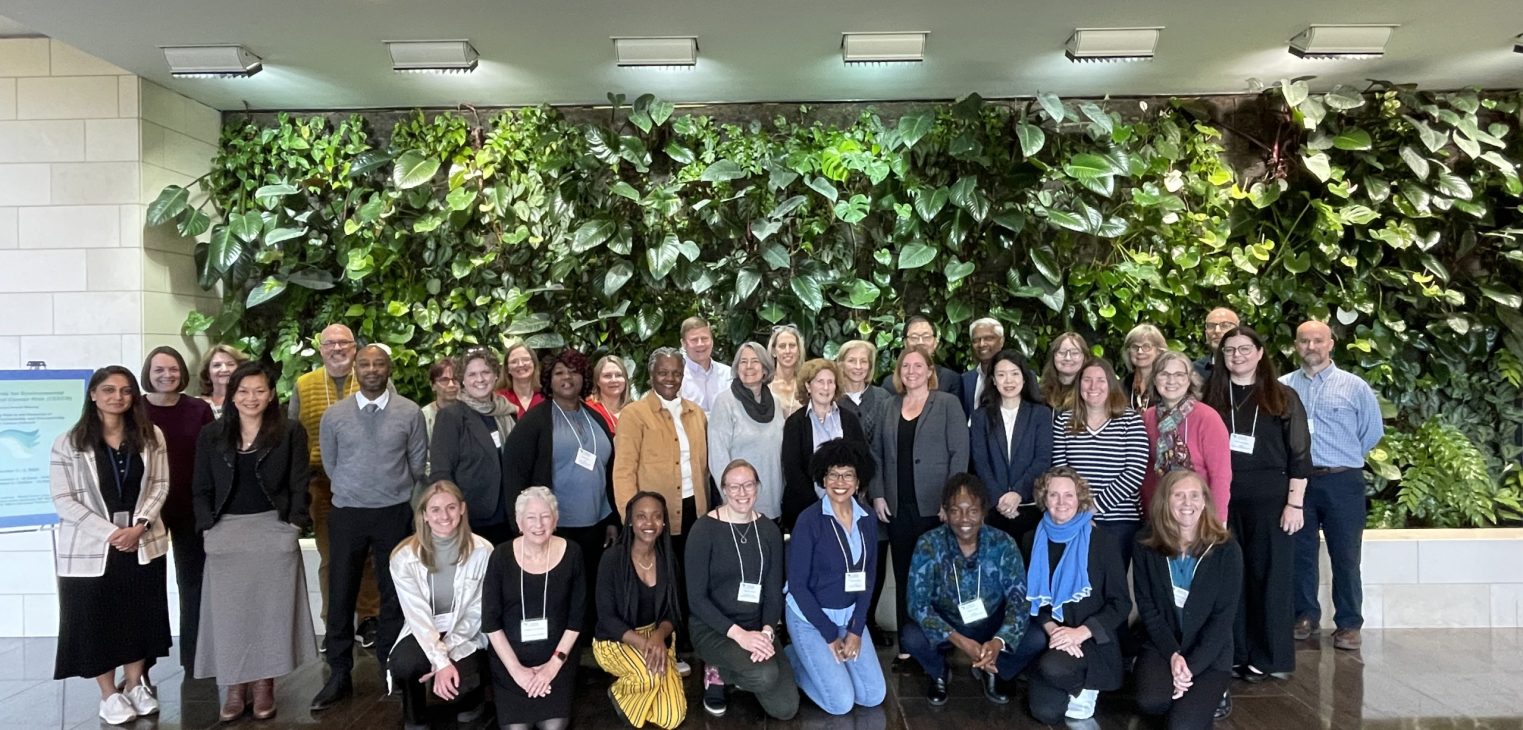The New Cohorts for Environmental Exposures and Cancer Risk (CEECR) is a collaborative effort co-funded by the National Institute of Environmental Health Sciences (NIEHS) and the National Cancer Institute (NCI). CEECR aims to support innovative scientific research in new prospective cohorts that address knowledge gaps in Cancer etiology and carcinogenesis processes with a focus on Environmental Exposures.
The CEECR Consortium is made up of five new prospective cohorts, a Coordinating Center, and the NCI. Members from the NCI serve as Project Directors for each of the new prospective cohorts and they work with the Coordinating Center to further the mission and aims of CEECR. The five new prospective cohorts are interested in diverse study populations representative of various regions throughout the United States.
Overall CEECR Consortium Goal
To address gaps in knowledge and build upon emerging findings related to Environmental Exposures and lifestyle, behavioral, genomic or other factors that modify the impact of exposures on Cancer risk by establishing new cohorts, especially in understudied and underserved populations.
Environmental Exposures and Cancer Risk
Cancer is a leading cause of morbidity and mortality in the United States, with 1.8 million cases and over 600,000 deaths expected in 2020. While scientific and medical advances have dramatically increased our ability to prevent, detect and treat Cancer, gaps remain regarding the impact of Environmental Exposures— particularly chemical and physical factors—on Cancer risk. Innovative technologies and study designs hold promise for addressing these gaps and reducing the Cancer burden.





